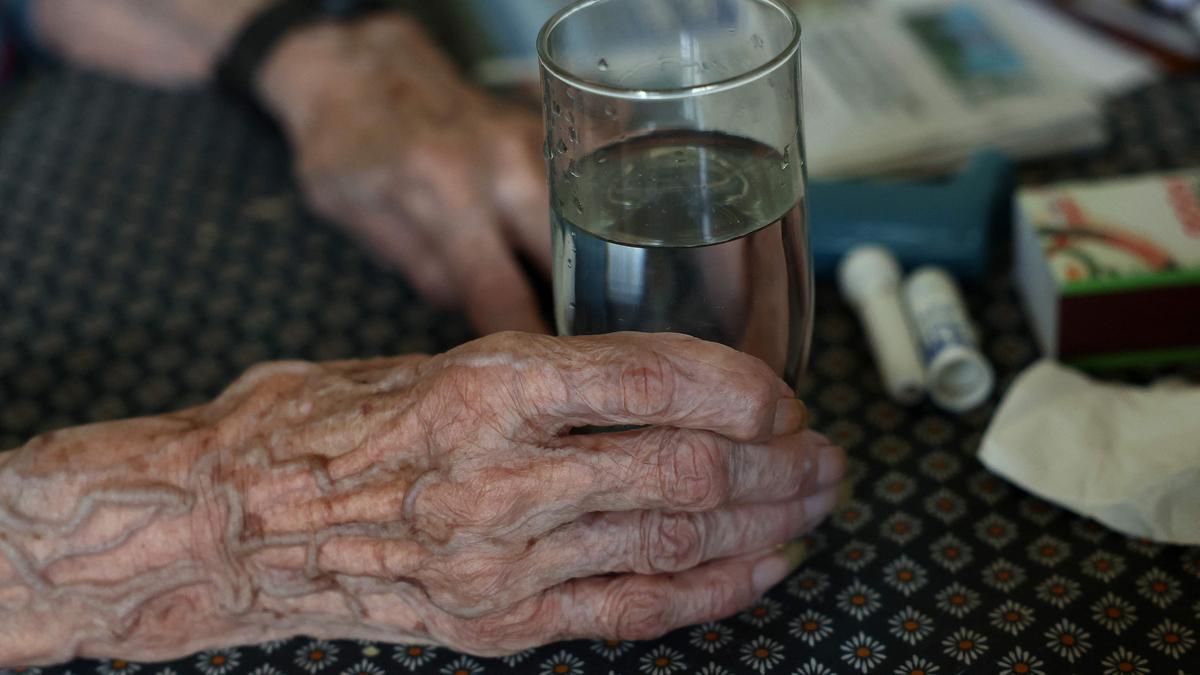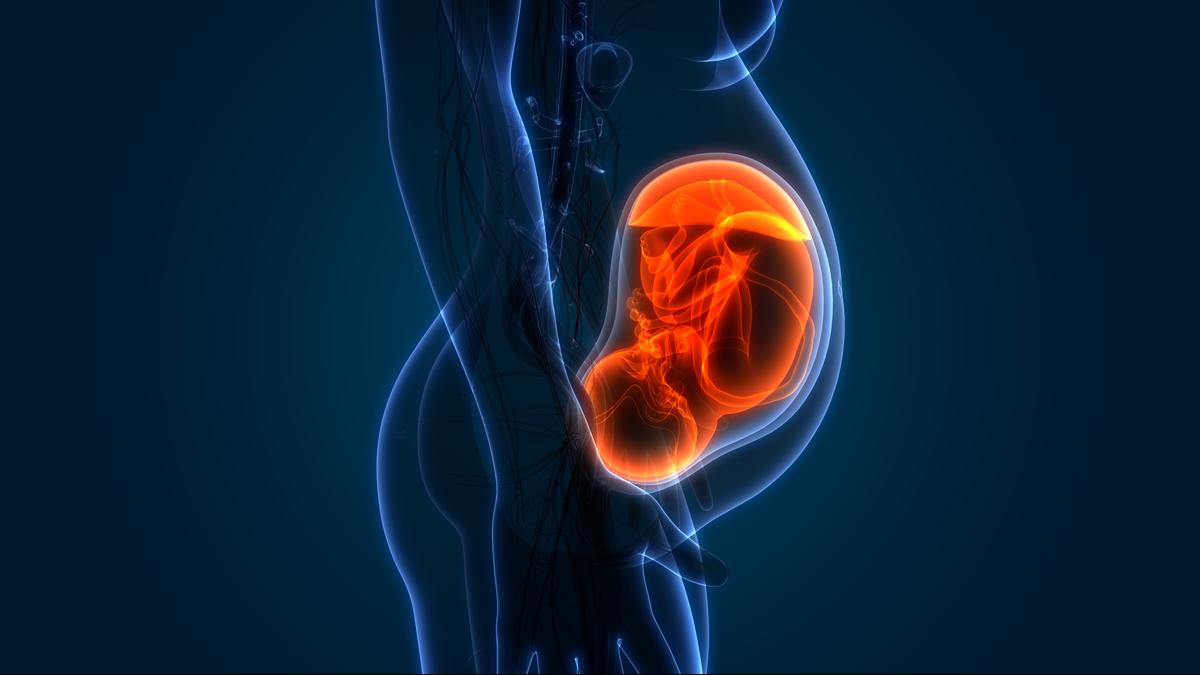Now Reading: Prioritizing Elderly Women: Addressing the Needs of a Quiet Majority
-
01
Prioritizing Elderly Women: Addressing the Needs of a Quiet Majority
Prioritizing Elderly Women: Addressing the Needs of a Quiet Majority

Quick Summary:
- India Ageing Trends: By 2050, 20% of IndiaS population will be aged 60 and older, with elderly women likely outnumbering men due to longer average lifespans.
- Women in Poor Health: women are estimated to spend 25% more time in poor health compared to men, particularly in later years.
- Health-seeking Barriers: Elderly women face important challenges accessing healthcare due to household dynamics prioritizing others, financial dependence, limited education or awareness about services, and reduced mobility or transportation access. Patriarchal structures often complicate decision-making about seeking care.
- Underdiagnosis of Conditions: Non-communicable diseases like osteoporosis, cardiovascular issues, mental health disorders (e.g., depression), uro-gynaecological conditions (like uterine prolapse), and cancers are prevalent but underdiagnosed among elderly women.
- Program Gaps: Government schemes for elder care lack widespread implementation and gender-sensitive measures tailored for women’s unique needs. Outpatient care is notably under-emphasized across Indian healthcare systems.
Indian Opinion Analysis:
India’s rapidly ageing population poses considerable challenges for its healthcare system-a pressing concern given that elderly women face compounded barriers rooted in societal expectations like caregiving roles, financial dependency, and cultural stigmas around health issues. The persistent neglect of chronic illnesses affecting this group not only diminishes quality of life but adds strain on families where they also serve as caregivers themselves. Addressing these challenges requires a multi-pronged approach focused on gender-sensitive strategies across both policy reform-such as pension adjustments accounting for informal caregiving-and community-level interventions like mobile clinics or social support groups.
Healthcare delivery models should better incorporate preventive diagnostics targeting underserved conditions such as osteoporosis or breast cancer while uplifting mental health services equally underrepresented. Programs need effective audits and adequate funding to overcome uneven implementation currently observed nationwide. Empowerment through education remains pivotal-not solely by enhancing individual capacity but by fostering equal prioritization within households during decision-making processes related to access.
Overall progress depends substantially on the collaboration among states implementing solutions effectively beyond pilots-for instance scaling prosperous programs from Kerala’s Vayomithram or Kudumbashree initiatives elsewhere-as well as evolving national frameworks such as Ayushman Bharat PM-JAY into tailored packages addressing geriatric female health proactively rather than reactively centered around hospitalizations alone.



























